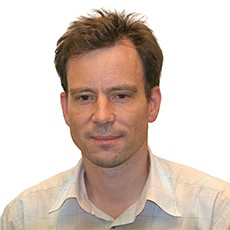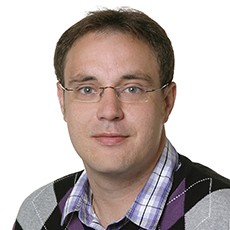High Performance Computing (HPC) is indispensable for the competitiveness of science and industry. Without detailed simulations, modern basic research in energy research, the materials and life sciences or even climate research is unthinkable. This also applies to key areas of the German economy. Whether electronic devices, cars, aeroplanes, modern medicines or innovative operational processes – they all have their basis in simulations.
High Performance Computing opens the way for new applications in the simulation of complex social phenomena or more demanding tasks in logistics. At the same time, the increasing complexity of the underlying HPC architectures and their efficient use poses great challenges for industrial users. In close cooperation with industrial and academic partners, the Competence Center for High Performance Computing develops solutions of how the increasingly complex processors and parallel computers can be used efficiently. In addition to developing tools for the management of supercomputers, it also produces integrated software solutions.
Energy Efficient Computing ist High Performance Computing
Our IT systems are among the largest single consumers of energy and emitters of CO2, with energy consumption continuing to rise sharply. In high-performance computing, energy costs are already a decisive factor in hardware procurement; however, the efficiency of the software used is even more important. Software that does not take advantage of the parallelism of modern processors and their architecture quickly loses an order of magnitude in energy efficiency here as well.
For us at the division »High Performance Computing«, HPC means the use and development of highly optimized software on suitable hardware. Already in 2008, the Pegasus system of the ITWM was not only among the TOP 500 of the fastest HPC systems, but also number 1 in the Green 500! The software we developed for it was orders of magnitude more efficient than the original customer software. In that case, the saved energy costs of one year alone would have financed the Pegasus computer and the development of the software. Our experience in many industrial projects since then shows that unoptimized software can often be improved by at least one order of magnitude. We are now the specialists in energy-efficient programming, green computing.





